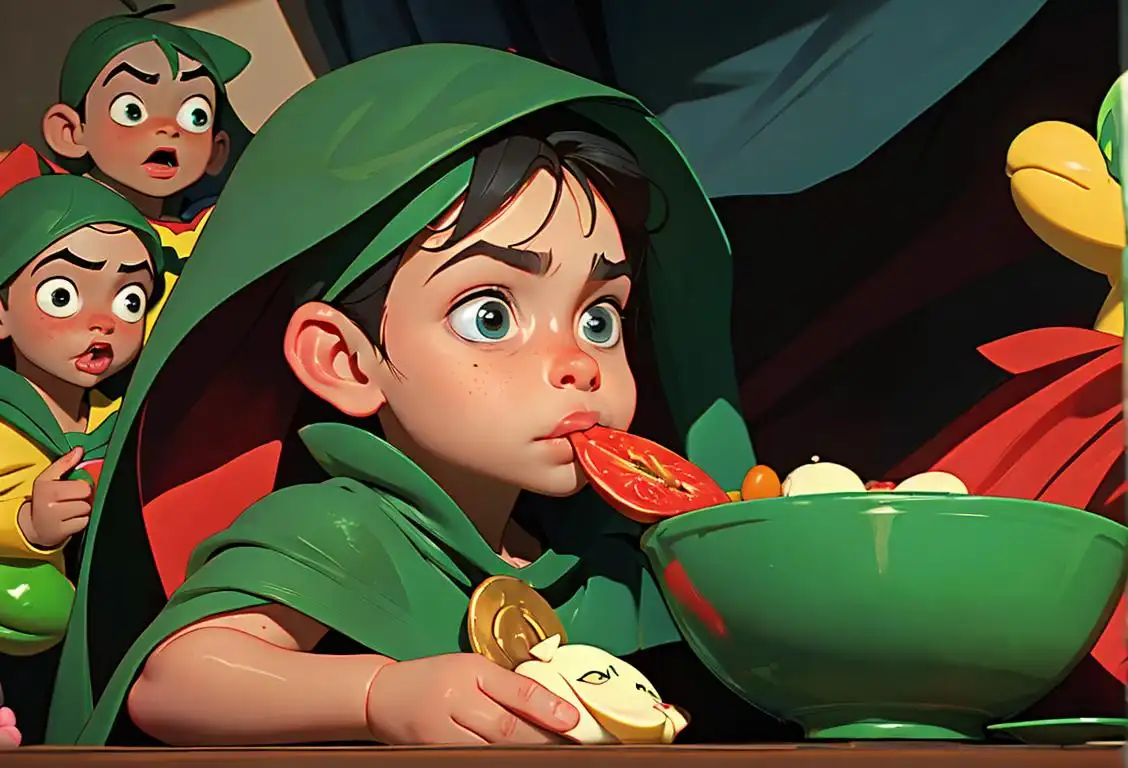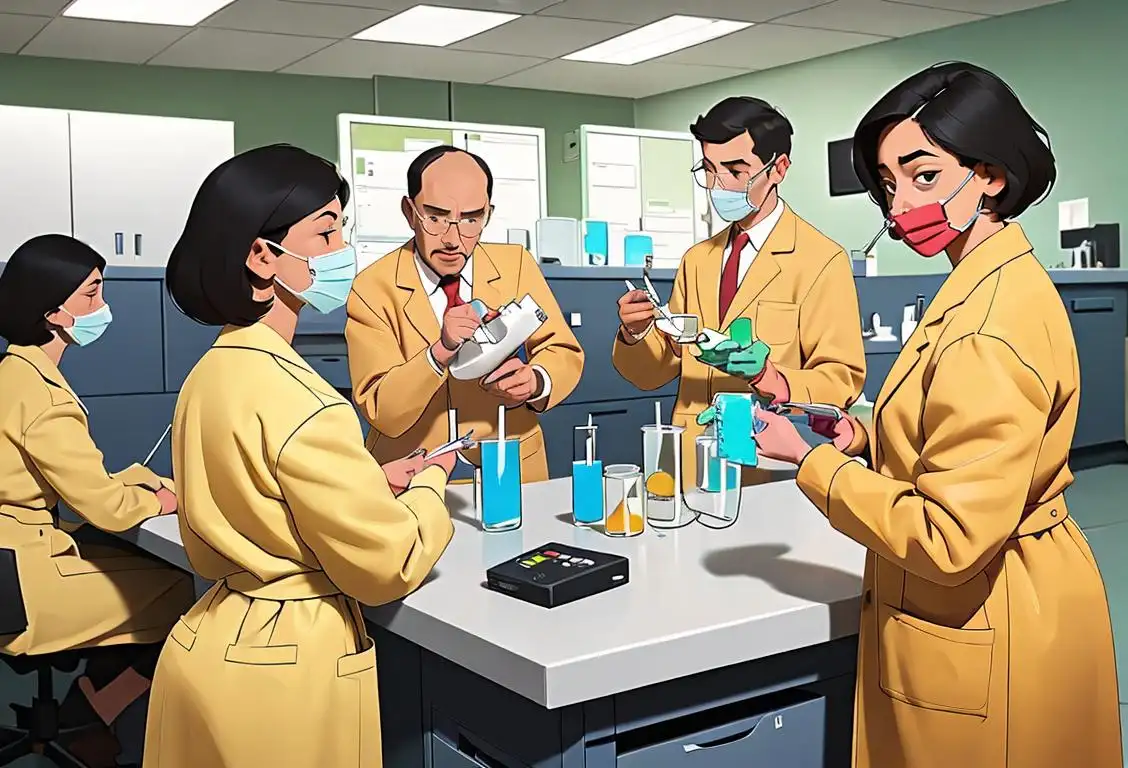National Itch Day

Hey there, itch enthusiasts! Have you ever had an itch that just wouldn't quit? Well, get ready to scratch that itch, because it's National Itch Day!
When is Itch Day?
It's national itch day on the 3rd June.
The Itchy Origins
On this special day, we celebrate the fascinating and sometimes infuriating sensation of itching. You know what we're talking about - that irresistible urge to scratch your skin to find relief. It's a phenomenon that has plagued humans since the dawn of time. Whether it's a pesky mosquito bite or a mysterious rash, it seems like there's always something itching to bother us.
But why do we itch in the first place? Well, our skin is home to a vast network of nerve endings, and when something irritating comes into contact with it, these nerves send signals to our brain, triggering the need to scratch. Itching can be caused by various factors, such as insect bites, allergies, dry skin, or even certain medical conditions.
Scratching the Surface
Now, you might be wondering, is scratching really the best solution? Well, it turns out that scratching can provide temporary relief by overriding the itch signal sent to the brain. However, excessive scratching can damage the skin and worsen the itch, leading us down a never-ending cycle of scratching and discomfort.
So, what can we do to keep those itchy troubles at bay? Don't worry, we've got some tips for you! First and foremost, avoid scratching with your nails, as they can introduce bacteria and cause infection. Instead, opt for a gentle rub or use a soft object to relieve the itch. You can also try applying a cold compress, using over-the-counter anti-itch creams, or taking an antihistamine if the itchiness persists.
Itchy Fun Fact
Did you know? The scientific term for itching is "pruritus." So, the next time you feel compelled to scratch, you can impress your friends with your fancy vocabulary!
History behind the term 'Itch'
Old English period (450-1100 AD)
The Origins
The term 'itch' can be traced back to the Old English period when it was known as 'giccan'. 'Giccan' referred to the sensation of having an irritated or prickling skin. It was likely derived from the Old High German word 'jucchen' which meant 'to itch' or 'to scratch'. During this time, itch was considered a general term for any kind of skin irritation or discomfort.
Middle English period (1100-1500 AD)
Expansion of Usage
In the Middle English period, around the 12th century, the term 'itch' became more commonly used. It began to refer specifically to the sensation of needing to scratch due to an irritation or tickling feeling on the skin. The word 'itch' was becoming widely recognized, and it was often associated with various skin conditions and insect bites.
16th Century
Medical Understanding
During the 16th century, there was a growing interest in understanding the causes and treatments of various bodily ailments, including itching. Medical texts and studies began to explore the reasons behind itching, highlighting different factors such as allergies, infections, and even mental health issues. This period marked a significant advancement in the medical understanding of itch as a distinct sensation and its underlying causes.
19th Century
Scientific Exploration
By the 19th century, science began to delve deeper into the physiological and neurological aspects of itch. Researchers discovered that itch sensations were transmitted through specialized nerve fibers, distinct from those associated with pain. This understanding gave rise to a more nuanced definition of itch and led to advancements in treating specific types of persistent itching.
Modern Era
Psychological and Cultural Significance
In the modern era, itch has garnered interest not only from a medical perspective but also from psychological and cultural angles. Scientists have identified the connection between itch and stress, recognizing that psychological factors can intensify or provoke itching. Furthermore, itching can sometimes be a psychosomatic response triggered solely by the power of suggestion or empathy. The cultural significance of itch is evident in idioms and expressions like 'the itch to travel' or 'the seven-year itch,' which highlight its symbolic connotations.
Did you know?
Did you know? The scientific term for itching is "pruritus." So, the next time you feel compelled to scratch, you can impress your friends with your fancy vocabulary!Tagged
awareness fun healthFirst identified
3rd June 2019Most mentioned on
3rd June 2020Total mentions
9Other days
Spinach Day
School Nurse Day
Lash Day
Frozen Yogurt Day
Fitness Day
Drug Test Day
Kale Day
Women Physicians Day
No Bra Day
No Smoking Day









